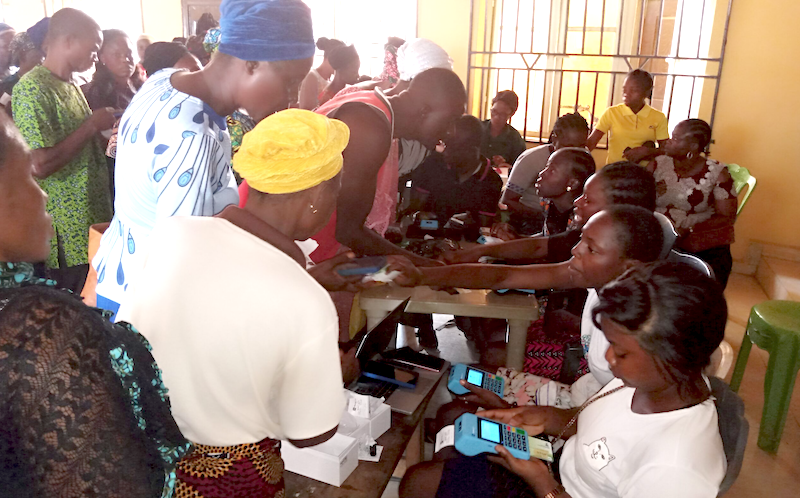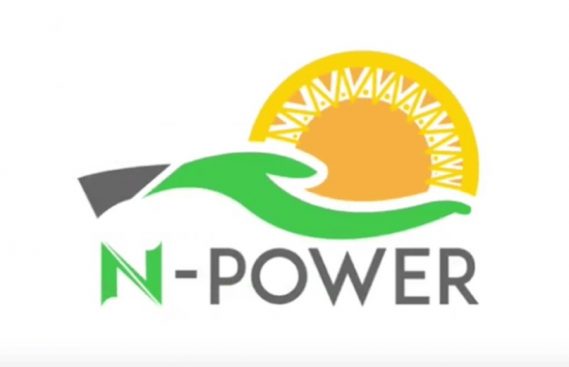The Federal Government has resumed the payment of N5,000 monthly stipend to 12,337 poor and vulnerable households through digital means in Ondo State.
Mrs Tosin Olupona, Head of Unit, Ondo State Conditional Cash Transfer (CCT) Office, disclosed this in an interview on Monday in Akure.
The CCT programme is one of the National Social Investment Programmes (NSIP).
According to Olupona, the backlog has been lodged on each of the beneficiaries new debit card account that will be accessed through payment agents in their communities.
She revealed that the benefiting families were from 15 local government areas out of the 18 local governments in the state.
Olopona attributed the delay in payment to operational issues, adding that the backlog payment was from six to 20 months, depending on when the beneficiary joined the scheme.
“We are here because we have just commenced payment of backlogs of stipends of our beneficiaries; this is victory at last because you can see that everyone is happy collecting their money.
“We have a backlog of between six months and 20 months, and they have been agitating to collect their money and we have been moving from one local government to another to pay them.
“What you are seeing are debit cards of the beneficiaries. The payment method have been digitalised instead of cash payments, we are distributing debit cards to them instead of carrying cash around.
“So, on getting to their communities, they will be accessing their funds through the payment agents.
“The delay was as a result of operational issue which is not fault of ours. I think it affected four states that are having this operational issue, but it has been resolved now, so, that’s why we are paying them,” she said.
Olupona appreciated the Federal Government, Gov. Rotimi Akeredolu and the state focal person for the intervention programme, Mrs Olubunmi Ademosun, for ensuring that the payment was restored.
Also speaking with NAN, a beneficiary, Mrs Jumoke Kolawole, from Akure North Local Government, appreciated the Federal Government for resuming payment for beneficiaries.
Another beneficiary, Adiatu Akadiri, also from Akure North Local Government, described the gesture as timely, and urged the Federal Government to continue with the programme in order alleviate the conditions of the poor and vulnerable in the society.





